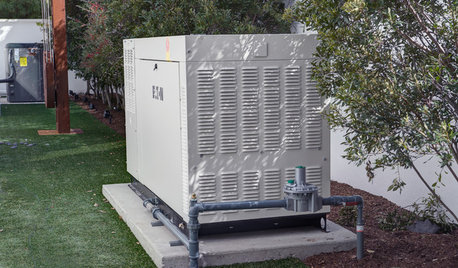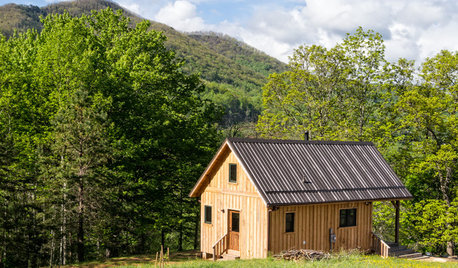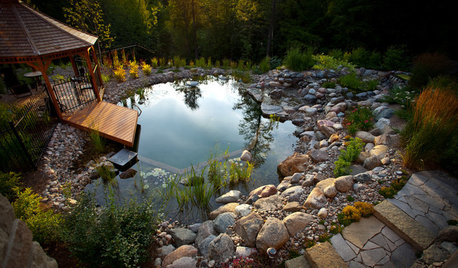Generator Conversion to Natural Gas
User
15 years ago
Featured Answer
Sort by:Oldest
Comments (12)
canguy
15 years agoUser
15 years agoRelated Professionals
Franconia Landscape Architects & Landscape Designers · Jackson Landscape Contractors · Surprise Landscape Contractors · Dallas Landscape Contractors · Hendersonville Landscape Contractors · Los Banos Landscape Contractors · Oakland Landscape Contractors · Rockland Landscape Contractors · Stony Brook Landscape Contractors · Tavares Landscape Contractors · Norridge Landscape Contractors · Maple Grove Decks, Patios & Outdoor Enclosures · Grandview Decks, Patios & Outdoor Enclosures · Mastic Decks, Patios & Outdoor Enclosures · Saint Louis Park Decks, Patios & Outdoor Enclosurestomplum
15 years agobroke_not
15 years agodewy78
13 years agordaystrom
13 years agoUser
9 years agohippy
9 years agokrnuttle
9 years agoUser
9 years agohippy
9 years ago
Related Stories

DISASTER PREP & RECOVERYMore Power to You: How to Pick the Right Generator
If your home's electricity goes, don't let it take your necessities with it — keep systems running with this guide to backup power
Full Story
CONTEMPORARY HOMESHouzz Tour: 2 Wings for 3 Generations on a Vermont Lake
An extended family enjoys a spacious waterfront home influenced by farmhouses and Japanese architecture
Full Story
GARDENING AND LANDSCAPINGGenerate Buzz as a Beekeeper
Fresh honey and happy flowers are just two of the perks of a backyard beehive. These 5 guidelines will help you get started
Full Story
HOUZZ TOURSHouzz Tour: 10 Acres, 3 Generations and Many Animals in North Carolina
Check out a throwback-style cabin that celebrates simplicity, reclaimed materials and family
Full Story
DECORATING GUIDESNature’s Color Wisdom: Lessons on Green From the Great Outdoors
Green will grow on you for interiors when you look outside for ideas on how to use it
Full Story
ARCHITECTURE'Houses of Maine' Puts Modernism in Its Place — in Nature
Set in the meadows and woods of Maine, the homes in this book give modern architecture a natural context
Full Story
GARAGES6 Great Garage Conversions Dreamed Up by Houzzers
Pull inspiration from these creative garage makeovers, whether you've got work or happy hour in mind
Full Story
CONTEMPORARY HOMESHouzz Tour: A Stunning Church Conversion in Chicago
A former Methodist church built in 1901 finds new life as an awe-inspiring family home
Full Story
CONTEMPORARY HOMESHouzz Tour: Candy-Colored Church Conversion in South Australia
A couple bring their 150-year-old church-turned-residence into the modern world
Full Story
LANDSCAPE DESIGNNatural Swimming Pools: More Beauty, No Chemicals
Keep your skin and the environment healthy with a pool that cleans itself, naturally
Full Story





Toby49228